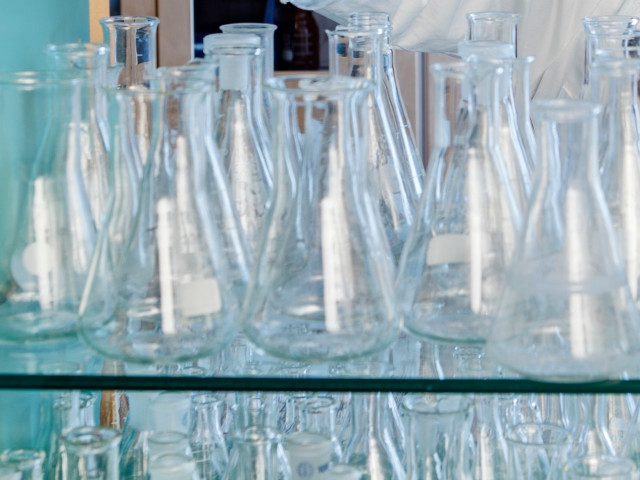Properties of gases
The laws of thermodynamics
Thermodynamic equilibrium in ideal and non-ideal systems
The thermodynamics of liquid mixtures
Applications of thermodynamics

Basic course in chemical thermodynamics.
Properties of gases
The laws of thermodynamics
Thermodynamic equilibrium in ideal and non-ideal systems
The thermodynamics of liquid mixtures
Applications of thermodynamics
The course will give basic knowledge in thermodynamics and its applications in chemistry, chemical engineering and biological systems.
Completed upper secondary education including documented proficiency in English corresponding to English A. For students who received/will receive their final school grades after 31 December 2009, there is an additional entry requirement for mathematics as follows: documented proficiency in mathematics corresponding to Mathematics A.
And the specific requirements of mathematics, physics and chemistry corresponding to Mathematics E, Physics B and Chemistry A.
KD1020 Introductory Chemistry
KD1030 Chemical Equilibria
SF1625 Calculus in One Variable
SF1626 Calculus in Several Variable
SF1624 Algebra and Geometry
or similarly.
Atkins and de Paula
Atkins' Physical Chemistry, 9th
Oxford University Press 2010
ISBN-13: 978-0-19-954337-3
If the course is discontinued, students may request to be examined during the following two academic years.
Based on recommendation from KTH’s coordinator for disabilities, the examiner will decide how to adapt an examination for students with documented disability.
The examiner may apply another examination format when re-examining individual students.
Examination (TEN1;6 cr)
KD2340 Molecular Thermodynamics
KD2350 Surfaces, Colloids and Soft Matter
Recommended course for students at the Degree Programme in Industrial Engineering and Management, specialisation Biotechnology and Industrial Engineering, and at the Masters Programme, Industrial Engineering and Management study year 1, track - Biotechnology and Industrial Engineering.
The course is not open for other students.
Will replace 3B1725